‘Cutting out cheap meat could stop animal and human suffering’
Your digest of analysis from the British and international press
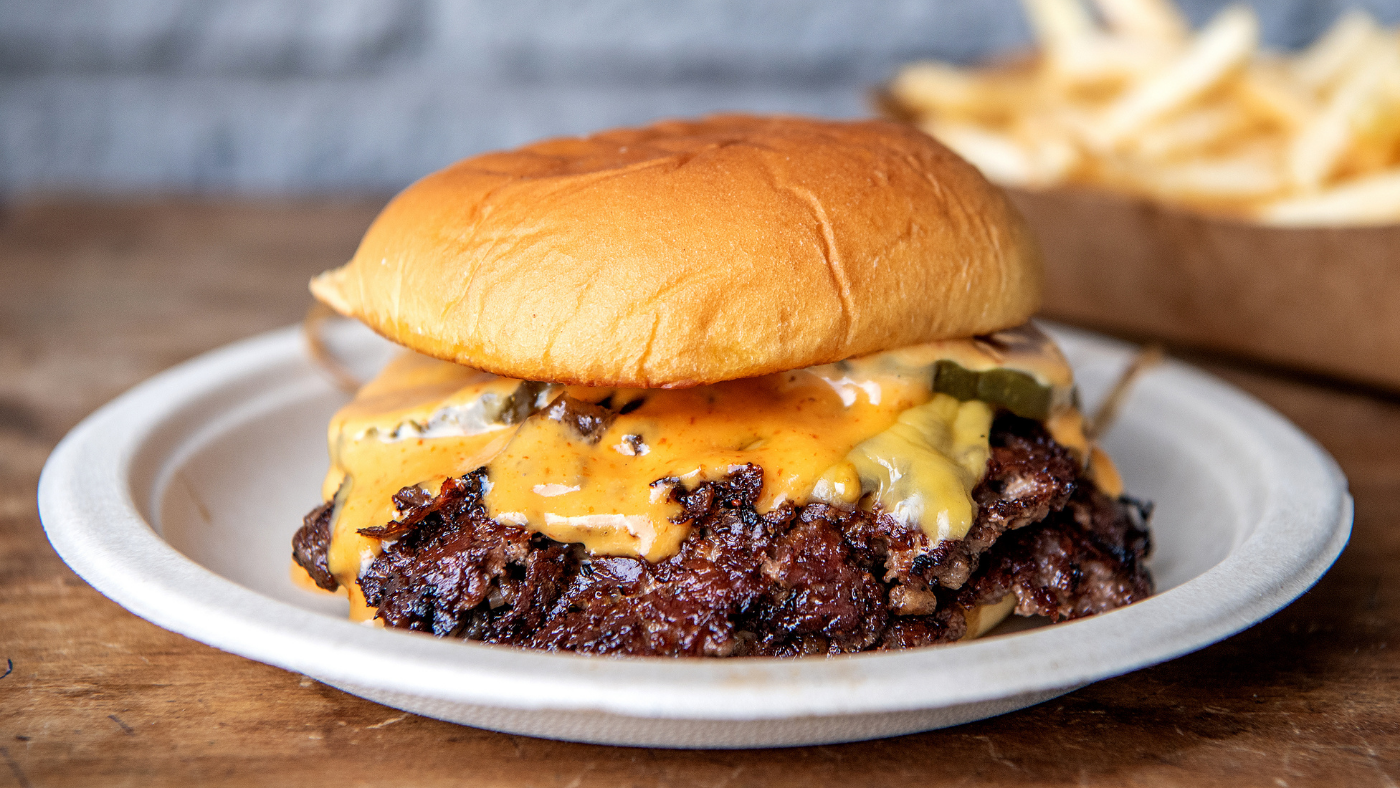
- 1. There are better ways to build a burger
- 2. Thank you, Billie Eilish, for talking openly about porn - but I take a slightly different view
- 3. Britain must find a new way out of its Covid doom loop
- 4. War with Iran looks increasingly inevitable
- 5. Why Drag Race’s first straight, cisgender queen Maddy Morphosis is a cause for celebration
A free daily email with the biggest news stories of the day – and the best features from TheWeek.com
You are now subscribed
Your newsletter sign-up was successful
1. There are better ways to build a burger
Ezra Klein for The New York Times
on cutting cruelty
Each year, Ezra Klein donates money to animal welfare causes. “How we treat farm animals today will be seen, I believe, as a defining moral failing of our ages,” he writes in The New York Times. “Humans have always eaten animals” but what’s changed in the past century is “the technology to produce meat in industrialised conditions”. These developments have “opened vast new vistas for both production and suffering”, and plant-based alternatives to meat are “getting better, fast. There’s no reason a Happy Meal nugget should ever involve a chicken,” says Klein, though he concedes “there’s a long way to go in mimicking more texturally demanding meats, like bacon or fatty tuna”. The benefits of growing meat “at scale, would be incalculable – and not just for animals”. The climate too would benefit, says Klein, which “would prevent vast human suffering too”. Technological advances and “the global desire for cheap meat” have made ours the “age of animal cruelty”. But there are “glimmers of how it might, one day end”.
The Week
Escape your echo chamber. Get the facts behind the news, plus analysis from multiple perspectives.

Sign up for The Week's Free Newsletters
From our morning news briefing to a weekly Good News Newsletter, get the best of The Week delivered directly to your inbox.
From our morning news briefing to a weekly Good News Newsletter, get the best of The Week delivered directly to your inbox.
2. Thank you, Billie Eilish, for talking openly about porn - but I take a slightly different view
Cindy Gallop for The Independent
on open conversations
Billie Eilish said this week that “porn is a disgrace”. Cindy Gallop writing for The Independent says “well done” to the singer for “opening up this badly needed conversation”. But there are two things this writer would encourage people to consider. One is that porn “isn’t one big homogenous mass” but rather a “rich and infinitely varied” landscape. And second, “the issue isn’t porn”, it’s that “we don’t talk about sex in the real world”. There are many things “laid at porn’s door that should be laid at society’s”, says Gallop. “It’s not porn’s role to educate,” she adds. Gallop, the force behind “social sex” site MakeLoveNotPorn, encourages parents to talk to their children as early as possible about sex – and when the topic does come up, “you must also talk to them about porn”. She asks readers to “do what Billie’s done”, and talk about sex “frankly and straightforwardly”.
A free daily email with the biggest news stories of the day – and the best features from TheWeek.com
3. Britain must find a new way out of its Covid doom loop
Larry Elliott for The Guardian
on unified protection
Britain is in “a Covid doom loop” and its pattern “is becoming depressingly familiar”, says Larry Elliott in The Guardian. A new variant appears, spreads rapidly, new restrictions are imposed, “case numbers eventually fall and life gets back to something like normal”. Well, “for a while, anyway”. And “so the Downing Street mantra goes” that once third jabs have been given the UK will have “maximum protection and the pandemic and economic recovery will be assured”. The argument “is flawed for two reasons”. One, not everyone will get jabbed, said Elliott. Two, “the idea that Britain can somehow be walled off from the rest of the world is nonsense”. A “better and readily available solution” would be to “mobilise action at a global level to ensure vaccination rates” in poorer countries “match those in the developed west”. This requires “leadership and vision”, but “there is a tendency for countries to become more insular and look after their own people” in times of crisis. “It is time for concerted multilateral action,” says Elliott. After all, we’re “all in this together”.
4. War with Iran looks increasingly inevitable
Con Coughlin for The Telegraph
on gathering storm clouds
Iran’s nuclear programme is the “perennial issue” that has “the real potential to plunge us into global conflict”, says The Telegraph’s defence editor Con Coughlin. “All evidence suggests” that talks between major powers to revive the 2015 nuclear deal with Tehran “are going nowhere”. Military action may be required “if the ayatollahs are to be prevented from achieving their goal of acquiring nuclear weapons”. There had been “initial optimism” from Joe Biden’s administration that the nuclear agreement could be revived, but “US negotiators have voiced their disappointment at the progress being made”. Iran’s general approach has been to insist economic sanctions be lifted “before any substantive negotiations take place”. Coughlin says: “Mr Biden deserves much of the blame for this sorry state of affairs.” He was vice president when the deal was agreed in 2015, but “has struggled to grasp that much has changed in the six years since”. With Western circles seriously considering military action, and “the gathering storm clouds of war” not passing unnoticed in Iran, “the likelihood” of conflict “grows stronger by the day”.
5. Why Drag Race’s first straight, cisgender queen Maddy Morphosis is a cause for celebration
Tomasz Lesniara for the i news site
on gendered spaces
Over roughly ten years, RuPaul’s Drag Race “has transformed from a relatively niche, yet beloved US-specific show to an international phenomenon”, writes Tomasz Lesniara at the i news site. The show’s roots, like those of drag, are firmly planted in LGBTQ+ culture. But after 13 seasons “it has just as equally conquered the hearts of many who don’t identify” as part of the community. RuPaul’s queens “have in more cases than not appeared to be cisgender gay men, or in some cases, transgender women”. And recent moves to relax admission rules to allow cisgender straight men to compete in the upcoming season “haven’t quite sat right with some fans”, says Lesniara. Drag queen Maddy Morphosis “is currently at the centre of this debate”. Some fans see the cisgender straight man’s presence “as a symbol of straight people taking over queer spaces”. This writer disagrees, but can see “where some of this hesitation stems from”. But Lesniara thinks “queer spaces should be open to people who are willing to respect us and appreciate us”. Drag itself “can and should be used to teach everyone”, while bringing people together. “That’s why we should all be free to embrace it.”
-
 Political cartoons for February 20
Political cartoons for February 20Cartoons Friday’s political cartoons include just the ice, winter games, and more
-
 Sepsis ‘breakthrough’: the world’s first targeted treatment?
Sepsis ‘breakthrough’: the world’s first targeted treatment?The Explainer New drug could reverse effects of sepsis, rather than trying to treat infection with antibiotics
-
 James Van Der Beek obituary: fresh-faced Dawson’s Creek star
James Van Der Beek obituary: fresh-faced Dawson’s Creek starIn The Spotlight Van Der Beek fronted one of the most successful teen dramas of the 90s – but his Dawson fame proved a double-edged sword
-
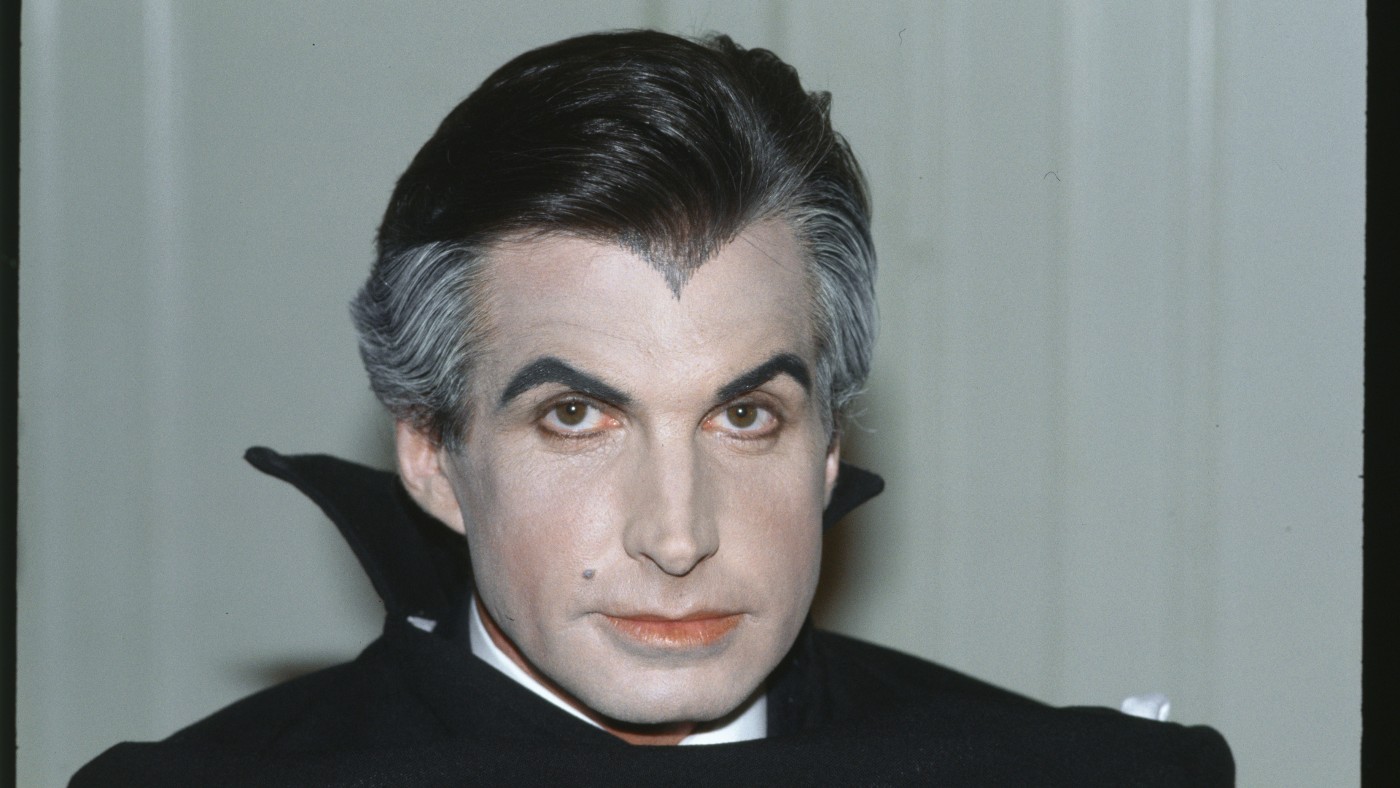 Experts suggest the real-life Dracula was vegan
Experts suggest the real-life Dracula was veganfeature And other stories from the stranger side of life
-
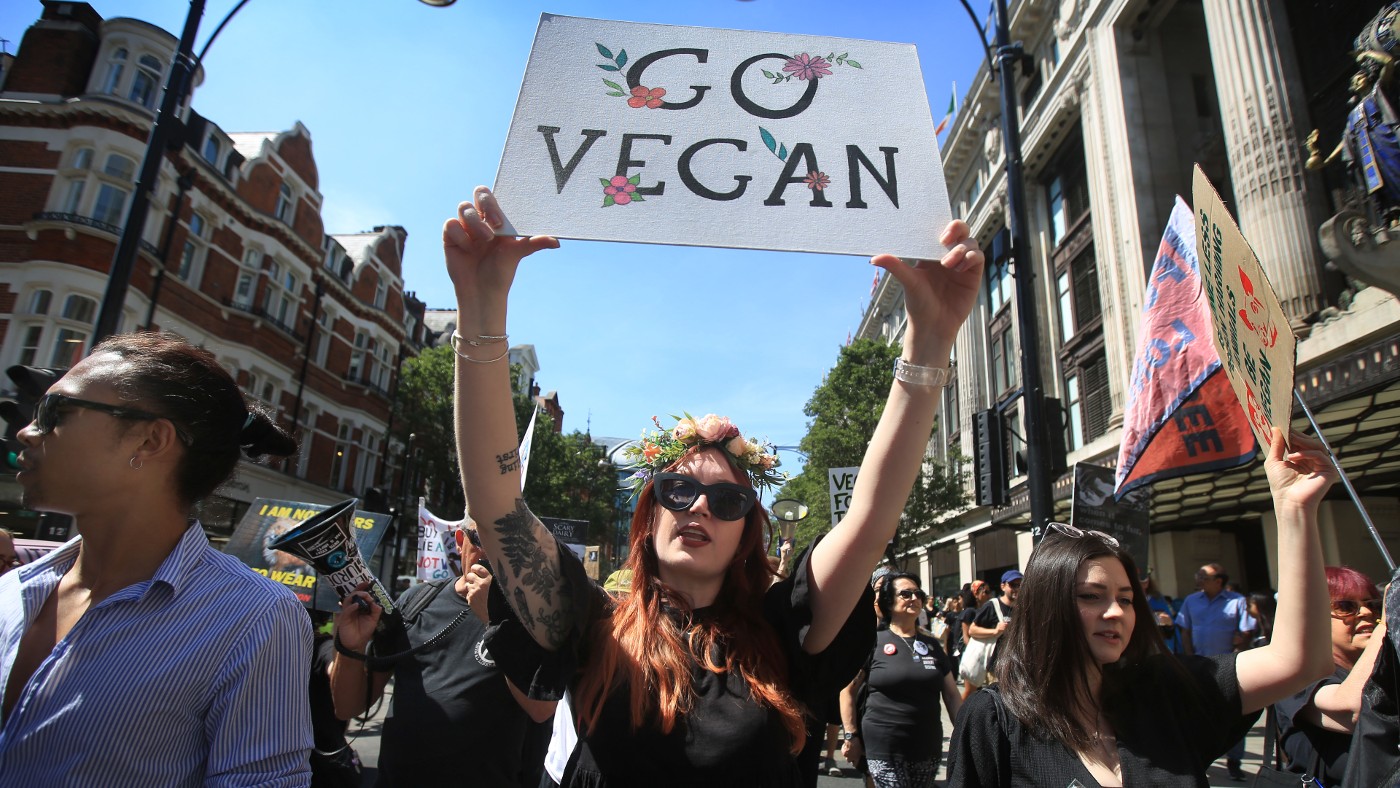 Top chef tells vegans to ‘f*** off’
Top chef tells vegans to ‘f*** off’feature And other stories from the stranger side of life
-
 How your laughter shows when you’re in love
How your laughter shows when you’re in lovefeature And other stories from the stranger side of life
-
 ‘The UK’s malaise will not end with the Prime Minister’s exit’
‘The UK’s malaise will not end with the Prime Minister’s exit’Instant Opinion Your digest of analysis from the British and international press
-
 ‘Police tactics are not getting worse, they are simply being filmed’
‘Police tactics are not getting worse, they are simply being filmed’Instant Opinion Your digest of analysis from the British and international press
-
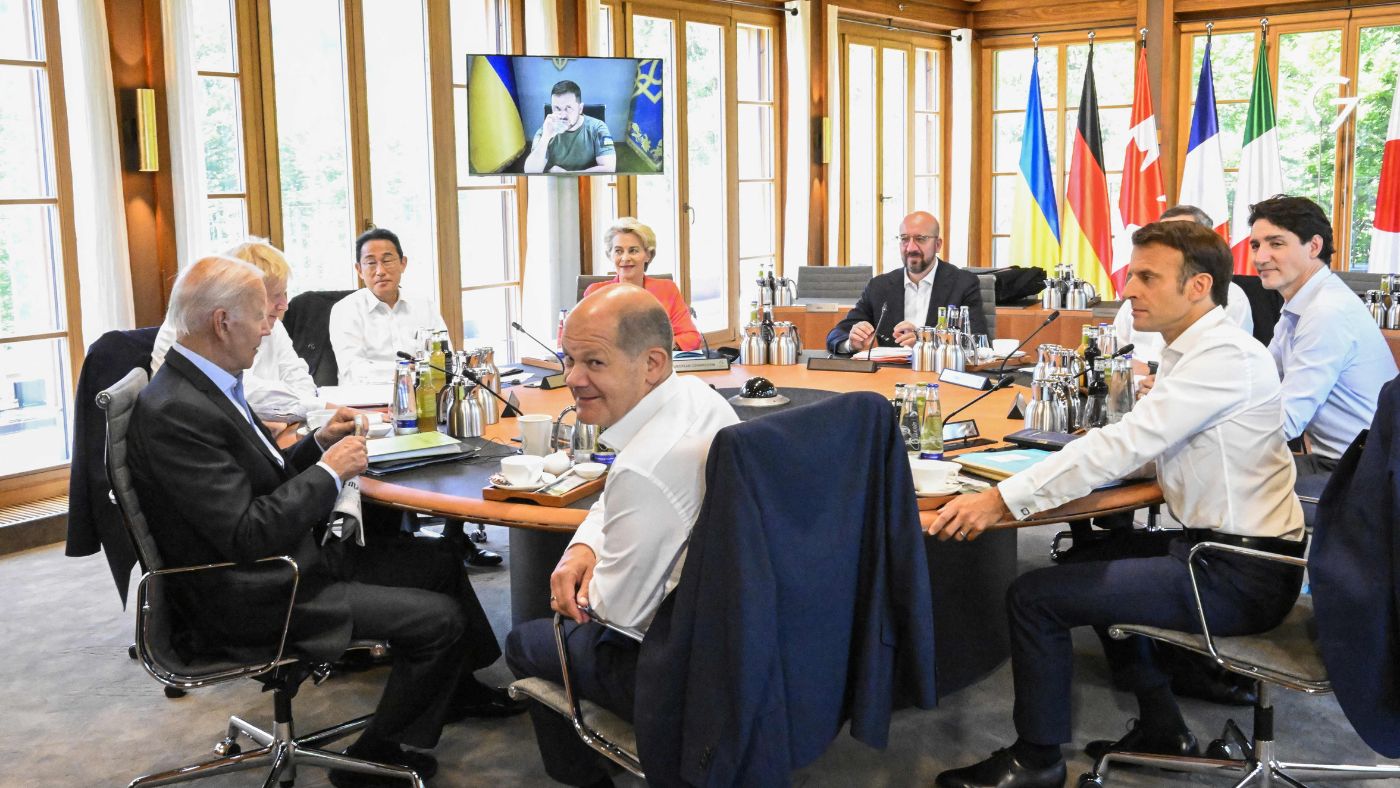 ‘G7 leaders missed a golden opportunity’
‘G7 leaders missed a golden opportunity’Instant Opinion Your digest of analysis from the British and international press
-
 ‘It takes some soul searching to celebrate Canada Day’
‘It takes some soul searching to celebrate Canada Day’Instant Opinion Your digest of analysis from the British and international press
-
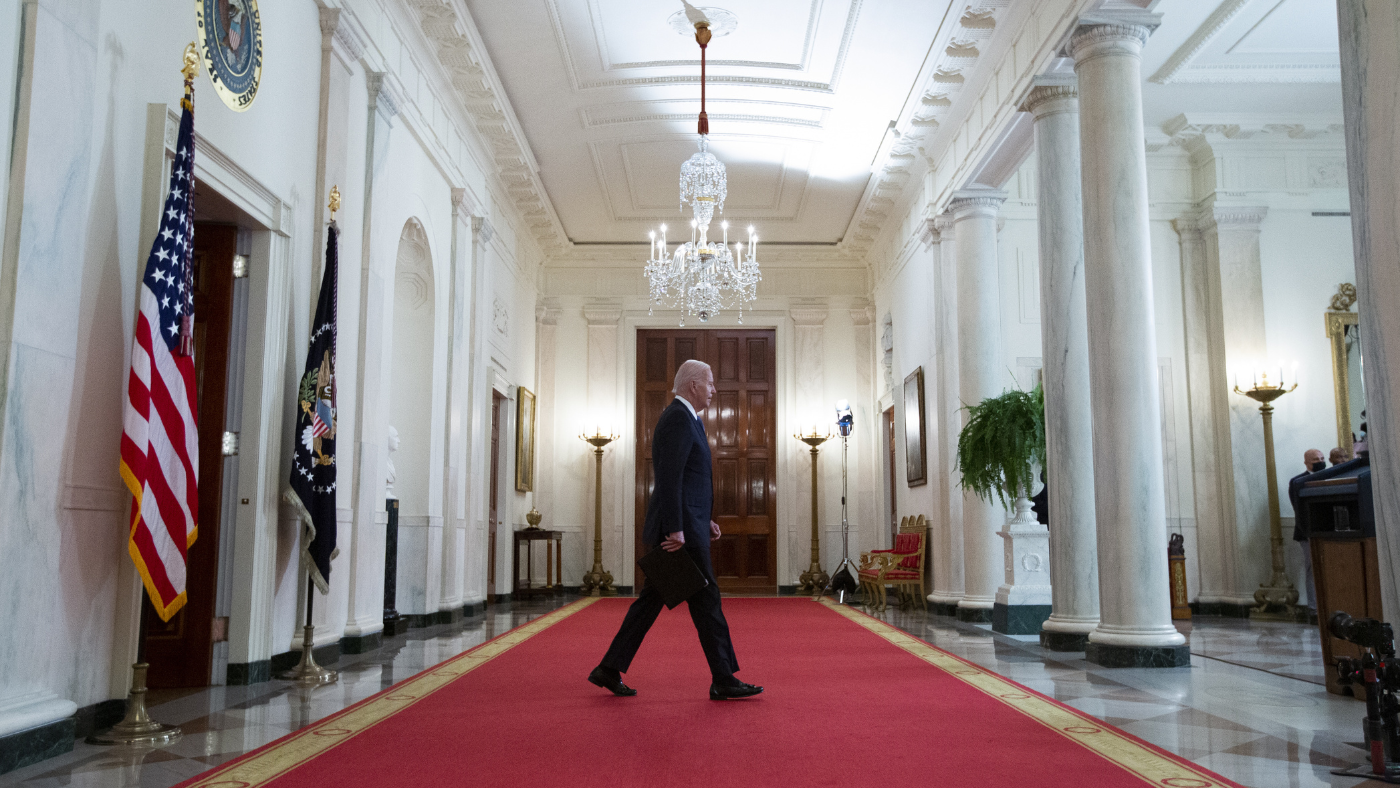 ‘Breakthrough on abortion rights could be there if Biden reaches for it’
‘Breakthrough on abortion rights could be there if Biden reaches for it’Instant Opinion Your digest of analysis from the British and international press